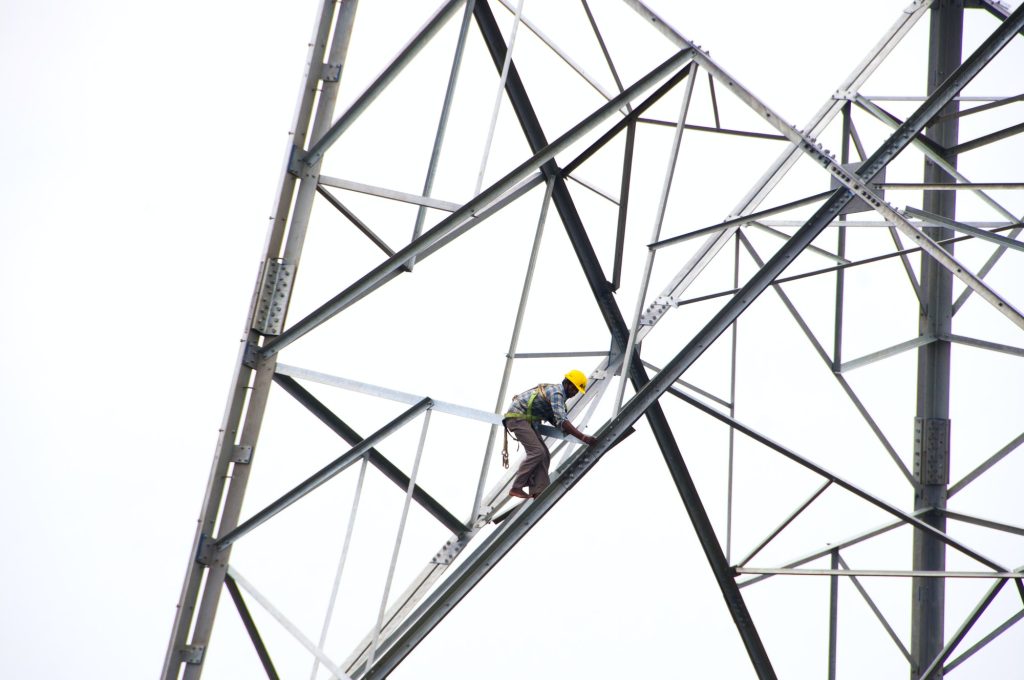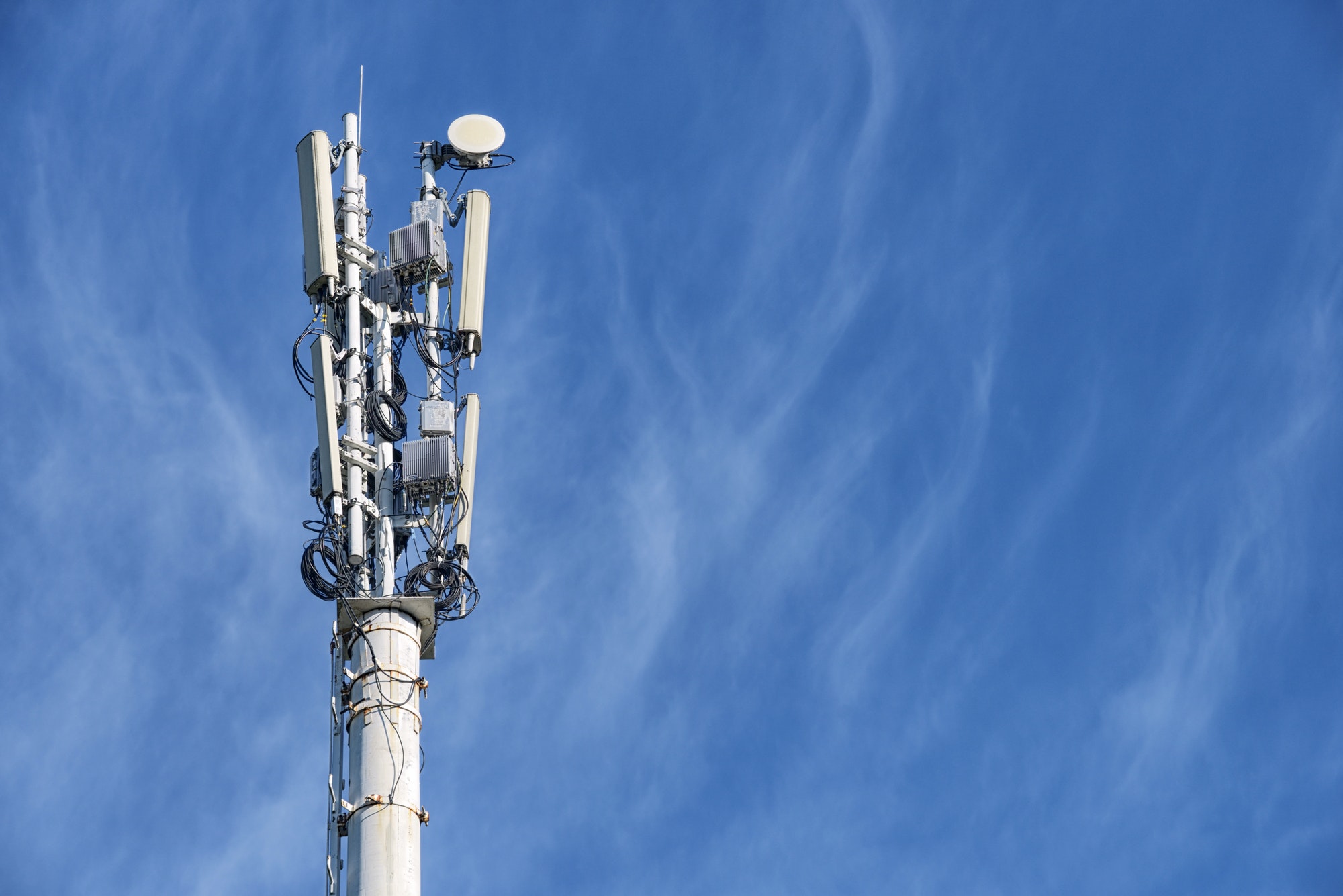Wireless carriers play a crucial role in our connected world, providing the mobile and internet services we rely on daily. However, when a wireless carrier decides to terminate a cell tower lease, what does that mean for landlords who depend on this rental income?
This question is particularly important for landlords earning significant income from these leases. Unfortunately, the answer is not always straightforward. Although each wireless lease is different, most leases do permit the tower operator or wireless carrier tenant to terminate the lease for various reasons, typically with only 30 to 90 days’ notice.
How to Terminate a Cell Tower Lease

If you’re involved in a cell tower lease and are curious about how the termination process works, here’s what you need to know:
- Review the Lease Agreement:
The first step is to examine the specific terms of your lease agreement. Most leases contain a termination clause that outlines the conditions under which the agreement can be ended. Look for terms like “Termination Clause,” “Early Termination,” or “Cancellation.” - Provide Written Notice:
If the lease agreement includes a termination clause, the party seeking termination (often the wireless carrier) must provide written notice. The notice period is typically between 30 and 90 days, depending on the terms outlined in the lease. - Decommission the Equipment:
Upon termination, the carrier usually decommissions the antenna equipment, removing most of the installed infrastructure, such as antennas and cables. However, they often leave the pole or tower structure intact. - Legal Compliance:
It’s essential that all parties involved ensure compliance with local laws and regulations during the lease termination process, particularly concerning the removal of equipment and any environmental or safety concerns.
Why Carriers Terminate Leases
Understanding why a carrier might choose to terminate a lease can help landlords better prepare for and mitigate risks. Here are some common reasons:
1. Technological Advancements:
As technology evolves, the requirements for cell sites can change significantly. For example, carriers may find that small cells—smaller, more efficient devices—can deliver better signal quality and are more cost-effective than traditional macro towers. As a result, the carrier may deem the existing tower less valuable, leading to lease renegotiations or outright termination.
2. Business Consolidation:
Mergers and acquisitions are common in the telecommunications industry. A notable example is T-Mobile purchased Sprint. Following this merger, T-Mobile opted to shut down many of Sprint’s towers, leading to the termination of existing leases. This left many landlords without the expected future income from their cell tower leases.
Why Tower Leases are High-Risk Investments
While owning and leasing a cell tower might seem like a lucrative opportunity, several factors make it a high-risk investment:
1. Inability to Secure Loans:
Local banks often view cell site leases as risky collateral due to the possibility of lease termination. This makes it challenging to secure loans against these leases, limiting the financial flexibility of tower owners.
2. Concentration Risk:
If you own only a few towers, the risk of lease termination is concentrated, making your investment particularly vulnerable. Losing one lease can have a significant impact on your overall financial situation.
3. Market Value Fluctuations:
The market value of a cell tower lease can decline over time due to technological advancements or changes in carrier business strategies. What was once a highly valuable lease could become less profitable or even obsolete as new technologies emerge.
To mitigate these risks, professional Tower Investors often spread their investments across a large portfolio of sites. This diversification helps balance out the high risk associated with individual leases, providing a more stable return on investment.
Alternative Investment Opportunities
Given the high-risk nature of cell tower leases, it may be more advantageous to sell your lease rights for an upfront lump sum. Here are some alternative investment opportunities to consider:
1. Real Estate:
Investing in commercial or residential properties can offer more stable returns and lower risks compared to cell tower leases.
2. Stock Market:
A well-diversified portfolio of stocks has the potential to provide substantial returns over the long term, with the added benefit of liquidity.
3. Bonds and ETFs:
Fixed-income securities like bonds or ETFs provide a safer investment avenue, offering predictable returns and lower risk compared to cell tower leases.
Conclusion
While cell tower leases can provide a steady stream of income, they also come with significant risks that can affect your long-term financial security. By understanding the reasons behind lease terminations and exploring alternative investment opportunities, landlords can make more informed decisions about their investments. Consulting with financial advisors can further help in choosing the best strategy to maximize your financial well-being.




